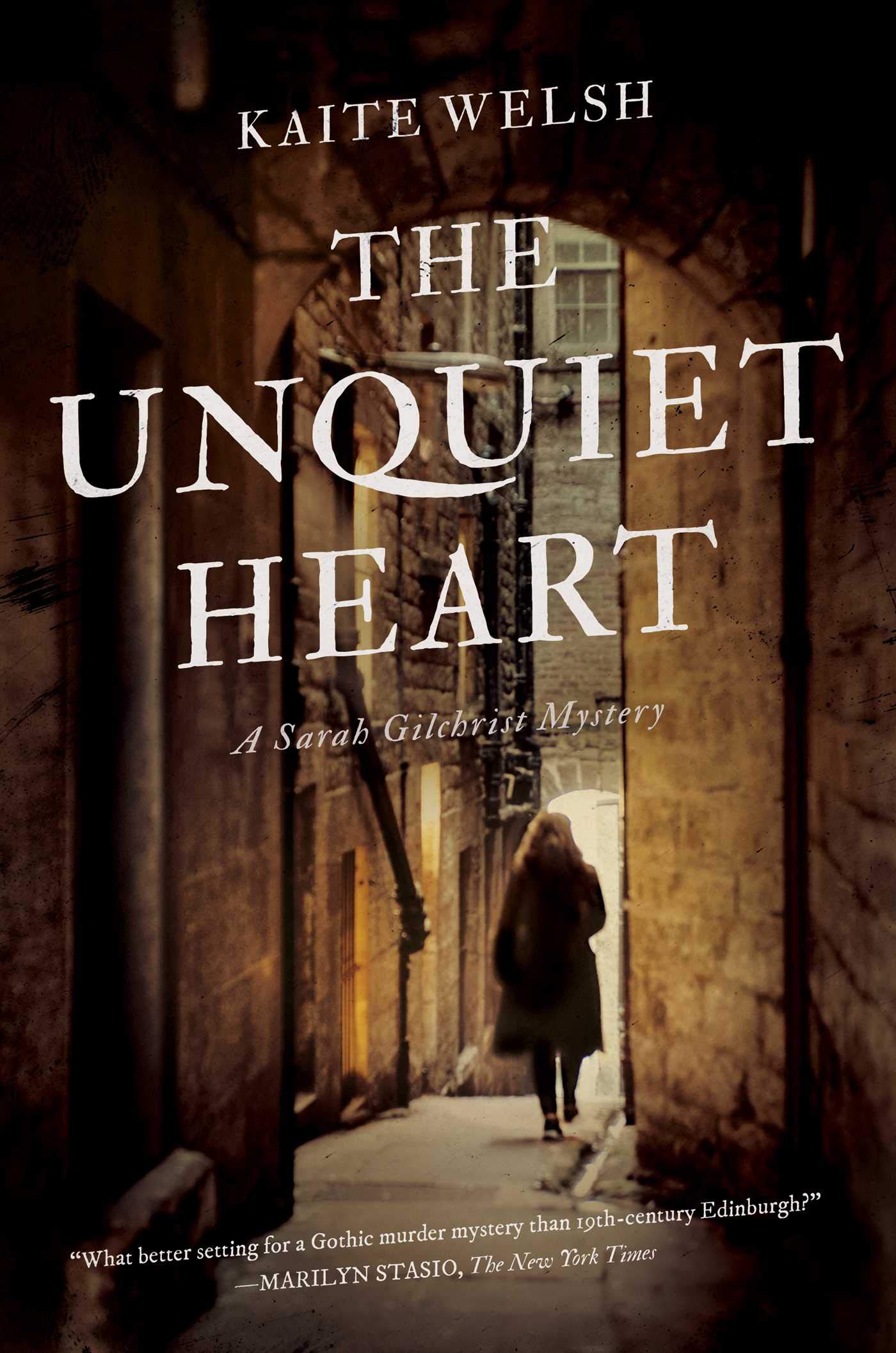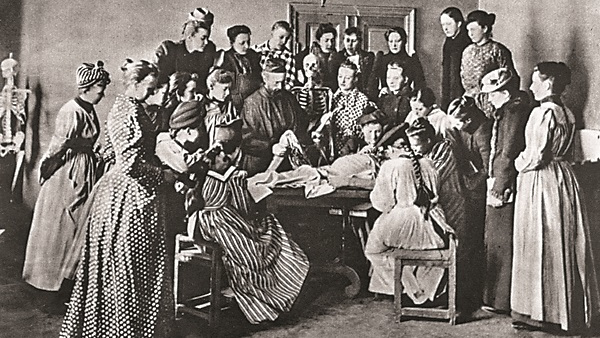Book: The Unquiet Heart
Author: Kaite Welsh
Publisher: Pegasus
Price: $25.95
It is rare that one comes across a historical romance that is both deeply and intelligently researched and told with panache, but it does happen. The Unquiet Heart is the second book in the Sarah Gilchrist mysteries, and if it is anything to go by, the first book is quite a dish too.
The series is set at the fin-de-siècle of the nineteenth century, that heady time when, all over the globe, the overextended machinery of the colonial world-system had begun slowly and sonorously to crash into chaos. After the heady days of early looting, the vast administrative and military costs of the mighty empires began to suck back the loot that had flowed from conquered territories into the coffers of Europe. Dividends and profits were falling, and colonial expansion could no longer power market growth. As our story opens in Edinburgh, nestled in the beating heart of one such colonial network of information and resources, change is coming with the force of a myocardial infarction. Those who had been silenced for decades by the wealth and privilege of the early colonial years and the suppressions of the 1830s are not just stirring, they are writing manifestoes, acting out, and speaking their minds.
The Sarah Gilchrist mysteries follow a bunch of such weirdos based on real historical personages: the first women to study medicine alongside men in the new institutions of the post-Enlightenment era as they struggle to get an education, find jobs and hold their heads up in a hostile world. That is the premise of the story, and fiction takes over from here as Welsh undertakes some smart and savvy exploration of the more interesting shadows of late Victorian society. For one thing, she’s clearly aware of the rich and deep tradition of unconventional pairings that rebel men and women invented in this period to fool the eyes of propriety and get their kicks under the old queen’s nose, and Welsh explores all the deliciously sensational possibilities of such pairings in the nooks and corners of the plot.
The story switches from action to romance and back again seamlessly, all within the setting of that wonderful and evocative city, Edinburgh. Welsh is tone-perfect in her prose style, layering the stateliness of nineteenth-century narrative over the taut pace of modern storytelling like a silk dress stretched over the strength of whalebone. If you haven’t read the first book (I hadn’t), you will still be able to follow the plot into this nicely crafted world, and the weight of backstory that the characters bring to them will give the story ballast. You’ll be oriented by the end of the second chapter, and you will be eager to dive further into the murky world of body snatchers, arsenic and resurrection men.

The Unquiet Heart by Kaite Welsh, Pegasus, $25.95 Amazon
At the heart this story is a murder mystery set within the late beginnings of forensic medicine, with more than a dash of adventure and romance thrown in. There’s sparkling dialogue and well-grounded scene-setting, plenty of drama and character development, all sprinkled with just enough spice to make it slip along nicely. For a nineteenth-century buff like me, period pieces are sometimes disappointing, particularly when I see the author taking liberties with the material in the name of sensationalism, but Welsh is far too adept to stoop to that. Her spice is all legitimately distilled from the archives of the day.
As well as being a rollicking read, this book also has the potential to lead you down some interesting rabbit holes of history. The story of how women entered medicine and the sciences is one of the great, yet hitherto little-told, tales of late modernity. The Woman Question, which is briefly alluded to in the novel, was so much more than just the demographic problem of what to do with all the spinsters left behind at home by male colonialism. As I like to tell my students, the Woman Question of the 1880s and 1890s was basically every woman asking the men she interacted with, in every social role and hierarchy, this: when will you let us be people? It’s a question we’re still asking today, and we haven’t yet got an answer.
For all the fun and flavour of this book, there are some lovely bones buried beneath it, and Edinburgh, that seat of both scientific excellence and gothic horror, is the perfect place to exhume and examine them. Given the richness of the material Welsh has gotten her teeth into here, we can expect Sarah Gilchrist to be autopsying the past for a while to come. We shall be edified to file into the theatre and watch her at work.
There is just one tiny desideratum, which perhaps Welsh may remedy in future. In the nineteenth century, medicine was not just an area of active pioneering for women, but also for women of colour. From the 1860s onwards, a number of women of Indian origin, including Kadambini Ganguly, Anandibai Joshi, Annie Jagannathan and more, attempted to or succeeded in studying medicine and qualifying for practice. In fact, in 1893, Kadambini Ganguly would have actually been in Edinburgh, studying at the very same college. But where are the female doctors of colour in The Unquiet Heart? Maybe a future instalment of this very enjoyable series will catch up with them.











